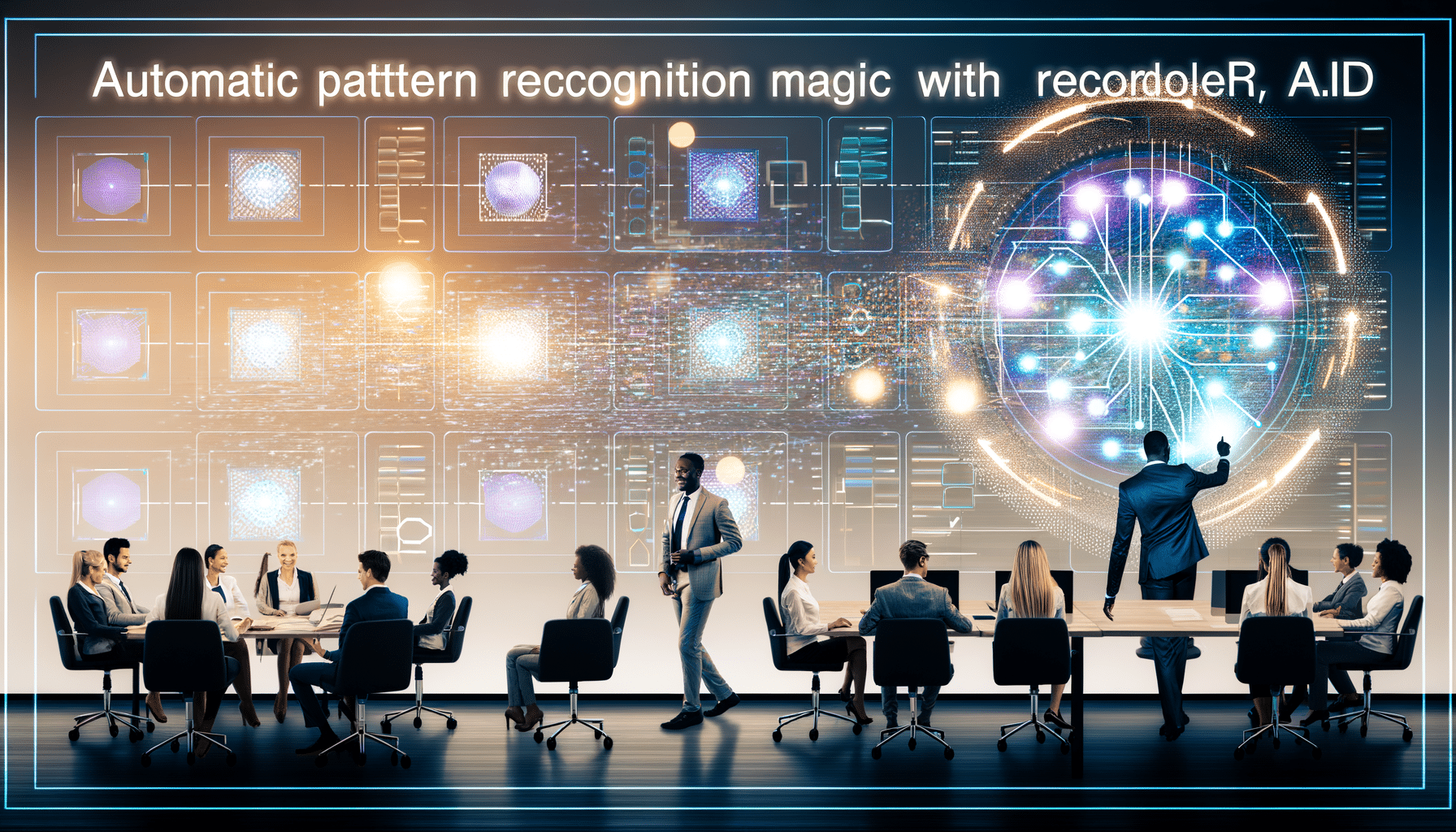- AI in Data Analysis
- June 29, 2024
Leveraging Machine Learning to Identify Trends in Government Record Data

In the realm of digital transformation, government departments are rapidly embracing artificial intelligence and machine learning to unlock unprecedented efficiency. As someone who has navigated the complexities of record management for various sectors, I can confidently assert that machine learning is a game-changer. It offers the opportunity to decode mountains of data, revealing patterns and trends that were previously obscured. But how is this groundbreaking technology reshaping government records?
The Challenge of Government Record Data
Government agencies have always contended with vast amounts of data. From census figures to public health data, the volume, velocity, and variety of this information can be overwhelming. Traditionally, these records have required extensive manual efforts to organize, manage, and analyze, leading to inefficiencies and bottlenecks. Moreover, the pressure to comply with regulatory requirements such as GDPR and maintain stringent security protocols only adds to the complexity.
Enter Machine Learning: The Catalyst for Change
Imagine transforming this cumbersome process into a fluid experience where data naturally reveals its secrets. Machine learning algorithms make this transformation possible by autonomously identifying patterns and trends. They are trained to recognize distinct data signatures and evolve with each new input. Let’s explore the ways in which machine learning is revolutionizing government record management:
1. Automated Data Categorization
Manual sorting and tagging are relics of the past. Machine learning algorithms can automatically categorize data, grouping it into relevant classes for easier access and analysis. Through natural language processing, these algorithms interpret and classify unstructured data, quickly turning chaos into order. This empowers government workers to focus on interpretation rather than organization.
2. Predictive Trend Analysis
One of the most impressive applications of machine learning is its predictive capabilities. For instance, public health departments can benefit by predicting disease outbreaks based on historical data trends. Similarly, transportation agencies might forecast traffic improvements or delays through predictive analytics. The possibilities are extensive, and the value is immense.
3. Enhanced Security and Compliance
High on the priority list for government records is security. Machine learning supports enhanced security measures by identifying anomalies and potential breaches in real-time. Additionally, it can automate compliance checks, ensuring that records meet the required legal and regulatory standards instantly and with minimal human intervention.
4. Data-Driven Decision Making
Machine learning enables governments to be proactive rather than reactive. Insights drawn from data can inform policy decisions, resource allocation, and strategic planning. Gone are the days of gut-feelings and educated guesses. Today, data-driven decision-making ensures that choices are rooted in tangible evidence.
Overcoming Challenges with Machine Learning
While the benefits are clear, implementing machine learning in government systems is not without its challenges. Data privacy concerns, algorithmic bias, and the need for significant initial investments must be addressed. However, with platforms like RecordsKeeper.AI, these challenges become manageable.
- Data Privacy: Our secure data rooms ensure that sensitive information is protected, with controlled access and activity tracking to maintain transparency and trust.
- Bias Mitigation: Continuous algorithm testing and refinement help reduce biases, ensuring fair and impartial results.
- Cost Efficiency: Our modular approach and scalability mean you pay for what you need, making sophisticated technology accessible to departments of all sizes.
The Future: Machine Learning for All Government Records
As I reflect on my journey with RecordsKeeper.AI, I’m continually inspired by the potential of machine learning. When integrated thoughtfully, it not only optimizes operations but fundamentally reshapes how we perceive and utilise data. Government agencies can expect that as technology evolves, their capability to decipher and employ data will only strengthen.
For anyone responsible for organizational record management, the message is clear: harnessing machine learning today sets the stage for success tomorrow.
Join me as we continue to explore the transformative power of AI and machine learning across sectors. Follow me for more insights, and take the first step toward a future where data lives up to its potential—effortlessly, securely, and strategically.
Toshendra Sharma is the visionary founder and CEO of RecordsKeeper.AI, spearheading the fusion of AI and blockchain to redefine enterprise record management. With a groundbreaking approach to solving complex business challenges, Toshendra combines deep expertise in blockchain and artificial intelligence with an acute understanding of enterprise compliance and security needs.
Related Posts

Automatic Pattern Recognition Magic With RecordsKeeper.AI
Let AI identify and utilize document patterns.
- November 16, 2024

Transform Data Entry into Data Intelligence With RecordsKeeper.AI
How AI turns basic data entry into valuable insights.
- November 16, 2024
Archives
- January 2025
- December 2024
- November 2024
- October 2024
- September 2024
- August 2024
- July 2024
- June 2024
- May 2024
- April 2024
- March 2024
- February 2024
- January 2024
- December 2023
- November 2023
- October 2023
- September 2023
- August 2023
- July 2023
- June 2023
- May 2023
- April 2023
- March 2023
- February 2023
- January 2023
- December 2022
- November 2022
- October 2022
- September 2022
Want to get more content like this?
Signup to directly get this type of content to your inbox!!
Latest Post
Document Control for Equipment Maintenance
- January 20, 2025
Managing Records for Multiple Clients
- January 19, 2025
Handling Conference Documentation
- January 18, 2025
Setting Up Department Record Reviews
- January 17, 2025





